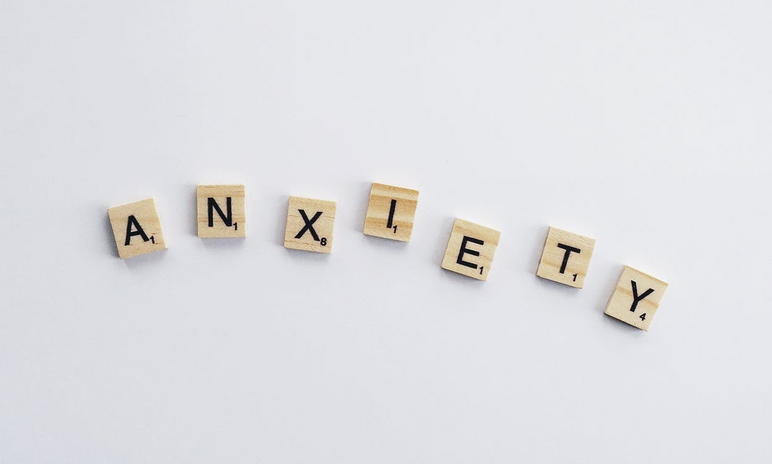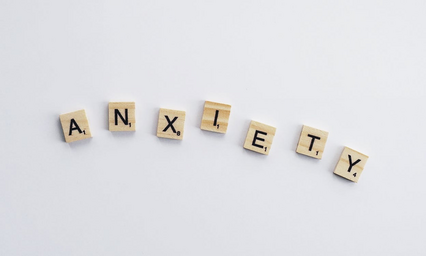TW: mentions of anxiety, OCD, and OCPD
I’ve always encouraged the discussion of why labels can be toxic. Whenever I talk to someone who doesn’t believe in labels, I like to let them know that I agree with them. Their reasoning is totally and completely valid.
Labels don’t allow room for change or growth.
And when we use labels, it can cause people to view us as those labels and those labels only. So, there are cerainly negative connotations when it comes to labels. But I have a different take on it.
HOW LABELS HAVE HELPED ME
I used to be that person who said “I don’t believe in labels” and, to some degree, I still believe in that. But I like to say that labels are good (for me personally) because they helped me discover who I am and to understand myself better.
Sexuality
For the longest time, I was trying to figure out what to identify as. I knew I liked boys and that all my crushes have been on boys. I also knew that I had the capability to love a woman just as much. And I guess the whole concept of labels made me feel like I needed to pick one. But once I discovered the terminology that best fit me and my experiences, it helped me understand myself better. I knew gay or lesbian was not me. I also knew that bisexuality didn’t fit me either. When I discovered pansexuality, I didn’t consider it at first. Then I went back to it and realized that it made sense. I took the label and felt comfort in using it, as it helped me make sense of myself. Even though bisexuality does, by definition, fit me, the term pansexual feels more me.
Having a Diagnosis
In some ways, a diagnosis is a label. Right now, I’ll mostly focus on having a mental illness diagnosis. I suffered from anxiety my entire life but I never had a confirmed diagnosis. I’m not saying that you need a diagnosis in order to justify your mental health–of course not. Your experiences are just as real as they are with a diagnosis. Though, there are times when having that diagnosis can be helpful.
For a while I thought I just had OCD. In fact, I believed it went away because it used to be a lot worse when I was younger. It wasn’t until I was seeking professional help for my anxiety when I realized that my OCD was still there, except, it was really OCPD (obsessive-compulsive personality disorder).
While both are somewhat similar, OCPD is more behavioral and self-aware. It’s less about compulsions and more about perfection and a need for control. Not to say that OCD can function similarly, but knowing that I have OCPD helps me understand myself better and that there is a reasoning behind what I do and how I feel.
You’re allowed to take those labels and own them
It’s important to remember that it’s okay if our labels change. I think one of the reasons why labels have negative connotations is because they are expected to stay the same, and we are expected to stay the same. But NO, that shouldn’t be how they work. You’re allowed to find comfort in them, but you’re also allowed to find comfort in the fluidity of labels.
It shouldn’t feel restricting, it should feel enlightening. Like you are being seen.
xx Kenzie


